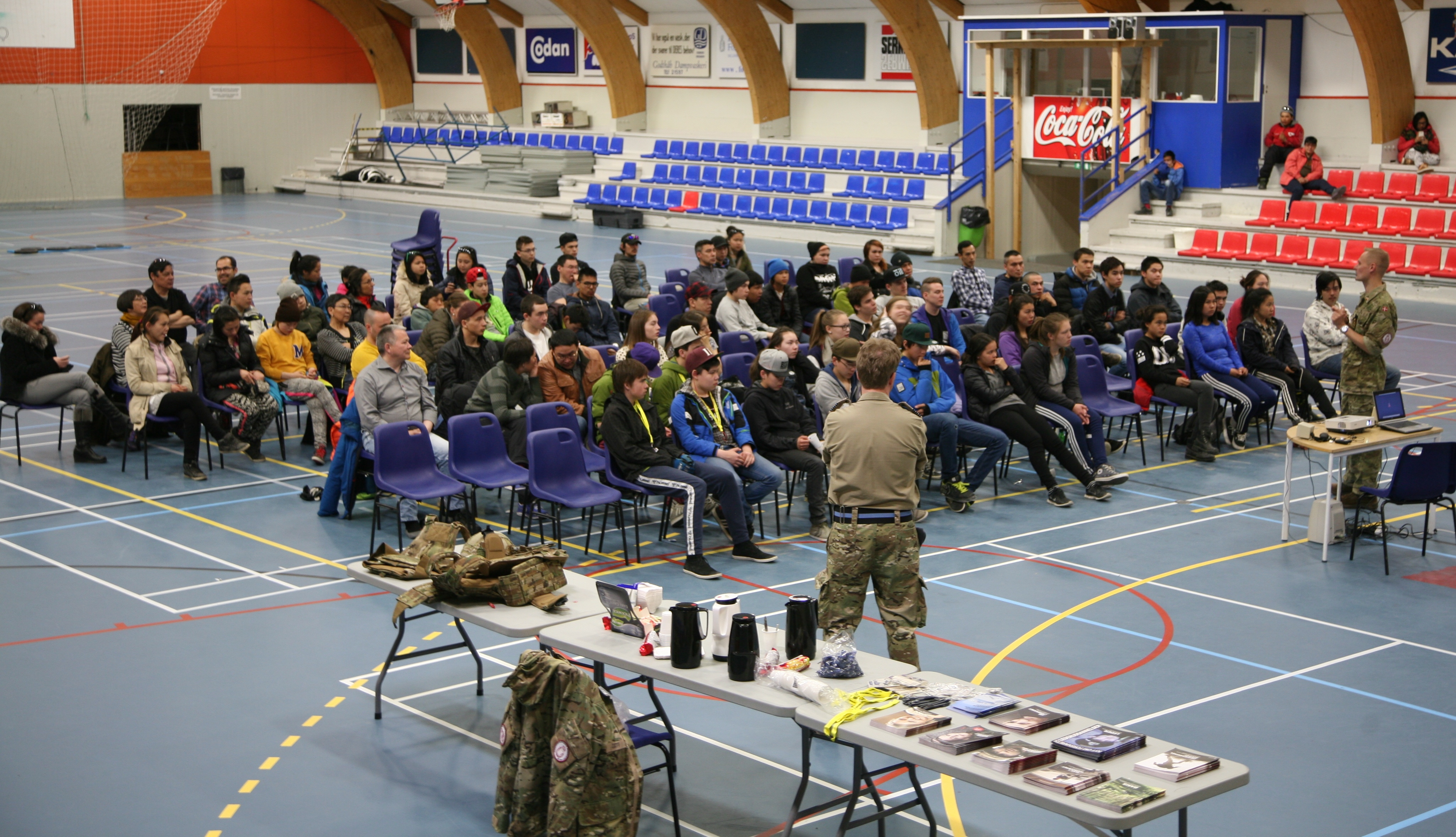Greenland is getting more of a say in Danish military matters

Lawmakers representing Greenland in Copenhagen are leveraging growing international focus on the Arctic as negotiations over Denmark’s 2018-2022 defense budget head into their final phase.
In a break from standard procedure for the Danish legislature, Greenland’s two MPs have been consulted by the defense minister ahead of talks over the forthcoming budget and may see themselves called into further meetings once the negotiations begin in earnest.
The meetings come after the defense minister, despite considerable lobbying, repeatedly ruled out giving the Greenlandic legislators a say.
The Arctic makes up a small fraction of the military’s mission, and it is likely Greenland’s legislators are only discussing issues related to the region when they sit down with the defense minister, reckons Kristian Søby Kristensen, of the Centre for Military Studies at the University of Copenhagen.
“But if Danish lawmakers are going to go around repeating how important the Arctic is, then you have to expect that Greenland will be eager to influence the negotiations,” he says. “At a minimum, they will want to be kept informed about what’s going on.”
Aaja Chemnitz Larsen, one of the two MPs, called the defense minister’s about-face laudable, and welcomed the opportunity for Greenland to have a say in Denmark’s military involvement in the Arctic.
“Greenland would be forgotten if we weren’t there to set it on the agenda,” she said. “If we want to have an influence on the Arctic internationally, we need to be proactive nationally.”
One of Larsen’s requests is recruitment sessions held in Greenland, which she believes is the only way the military can achieve its goal of attracting more Greenlandic servicemembers.
She is also calling for the establishment of a Greenlandic volunteer force and an Arctic civil-defence training center in that could train young Greenlanders and military personnel.
All three initiatives, she believes, would contribute to involving Greenland more in the military’s activities in the Arctic.
Including Greenland in decisions about defence is not unprecedented; most recently, a 2016 report containing 200 recommendations for the military’s activities in the Arctic was drawn up with input from Nuuk.
But by now calling in legislators for consultation, Copenhagen is showing that it wants to win as much local backing for its decisions about the region as possible, Kristensen suggests.
“It’s pragmatic,” he says. “Involving them in talks is a headache, but telling them to mind their own business creates a headache of its own.”